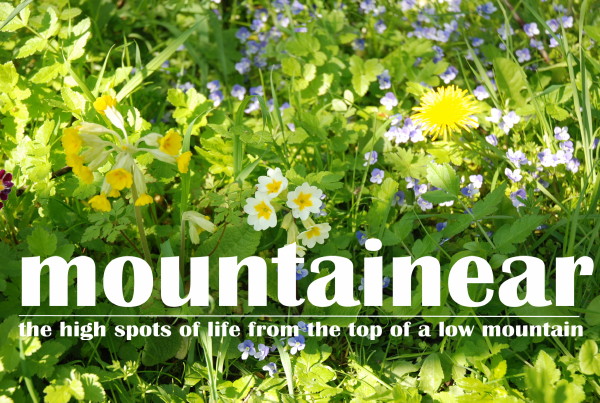 As any fule kno 1812 was quite a year. On the international scene the US declared war on the United Kingdom and the Napoleonic wars continued; the pivotal and bloody battle of Borodino took place and Napolean's army both entered and retreated from Moscow. The words 'gerrymandering' and 'Luddite' entered the vocabulary, the latter acknowledging the destruction of machinery brought in to mechanise the cloth industry and which stirred social unrest especially in the mill towns of the north west.
As any fule kno 1812 was quite a year. On the international scene the US declared war on the United Kingdom and the Napoleonic wars continued; the pivotal and bloody battle of Borodino took place and Napolean's army both entered and retreated from Moscow. The words 'gerrymandering' and 'Luddite' entered the vocabulary, the latter acknowledging the destruction of machinery brought in to mechanise the cloth industry and which stirred social unrest especially in the mill towns of the north west.Closer to home, on the slopes of the Long Mountain and in the meadows and leasowes of the Rea Valley, the natives were a little restless too. The feudal system of land ownership and farming was drawing to a close. The Lords and Ladies of the Manor, their tenant farmers, Freeholders and cottagers alike were getting to grips with the new Enclosure Awards. Land previously held in 'several' was now to be divided up and fenced. Boundaries were redrawn and Commons and wastes - over which villagers had grazing rights - came into private ownership.
 In the archives yesterday I summoned up a yellowed sheet of paper - an Account for clerical work done on behalf of Mr WM Jones, the Commissioner appointed to oversee the Enclosures - and what a story it told. (I don't know who the writer was - a surveyor or even a magistrate perhaps.) Nobody finds change easy - and the villagers of Marton were no exception. This 'ere enclosure was regarded with much suspicion - and reading between the crumpled lines I gather that sulks and hissy fits were the order of the day.
In the archives yesterday I summoned up a yellowed sheet of paper - an Account for clerical work done on behalf of Mr WM Jones, the Commissioner appointed to oversee the Enclosures - and what a story it told. (I don't know who the writer was - a surveyor or even a magistrate perhaps.) Nobody finds change easy - and the villagers of Marton were no exception. This 'ere enclosure was regarded with much suspicion - and reading between the crumpled lines I gather that sulks and hissy fits were the order of the day.Our unfortunate man sets about his task - if not with enthusiasm then with an administrative thoroughness that is still recognisable today. It is the usual story of meetings convened and letters sent ,'i's dotted and 't's' crossed, Leets attended etc. There are parchment and stamps to be bought, drafts and copies made and advertisements placed. A hellish amount of paperwork - though they drew the line at hand bills. (Not necessary.)For travel expenses read 'a day's horse hire'.

A Perambulation of Marton Mountain draws a crowd of villagers equipped with maps - following which, a Mr Perkins refused, inexplicably, to sign the Agreement. Grrr. One senses the growing frustration of the writer.

He has become even more irritable 2 years later when he writes to the Commissioner saying 'it's high time this Marton Mountain business should come to an end' AND hinting strongly that he should get on, make the Award and pay him what he's owed - in the region of £60. The affair drags on and on. The final entry is on October 30th 1815 when the Award is finally Executed. Hoorah! With a flourish the grand total of £41-8s-11d is scratched onto the parchment. This flamboyant ending is spoiled slightly by a miscalculation. The sum due for 3 years work is actually £38-8s-11d. I suspect our man is now past caring.
Marton Mountain has been successfully parcelled up and the villagers appeased - they have been allotted small parcels of land on which they will be able to grow some food. It is a small democratic concession. A victory of sorts.
Later, I drove home along the lane which winds up Marton Mountain. It is no wider now than it was 200 years ago. The pattern of fields is much the same too, pasture and ploughland is still divided by hedges of hawthorn, hazel and field maple, amongst which twine woodbine and dog rose. They have a certain uniformity now of course, being lopped by a mighty machine rather than by a man with a bill'ook. To all intents and purposes these are the same boundaries which were argued over in 1812 when a grumpy crowd assembled, maps and measures to hand, to pace, point and demand their rights.
A crumpled piece of paper seems to have revealed so much - I half expect to see the ghostly figures of ancient Gentlemen and farmers as I wind my way home. I feel as if I would know them well by now.












